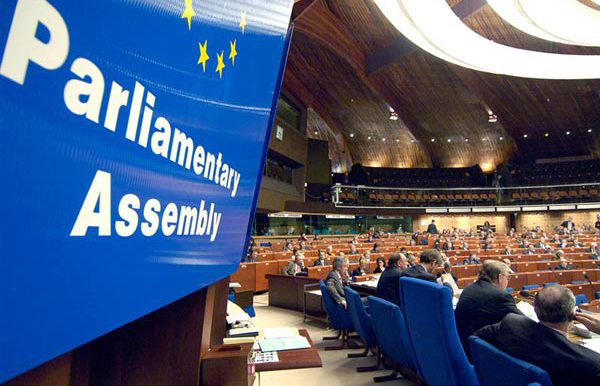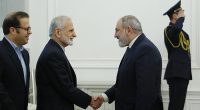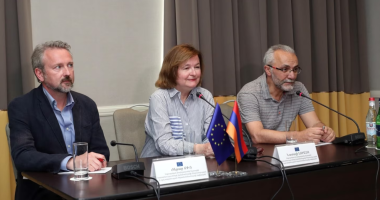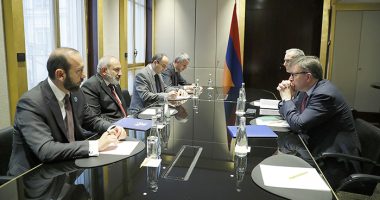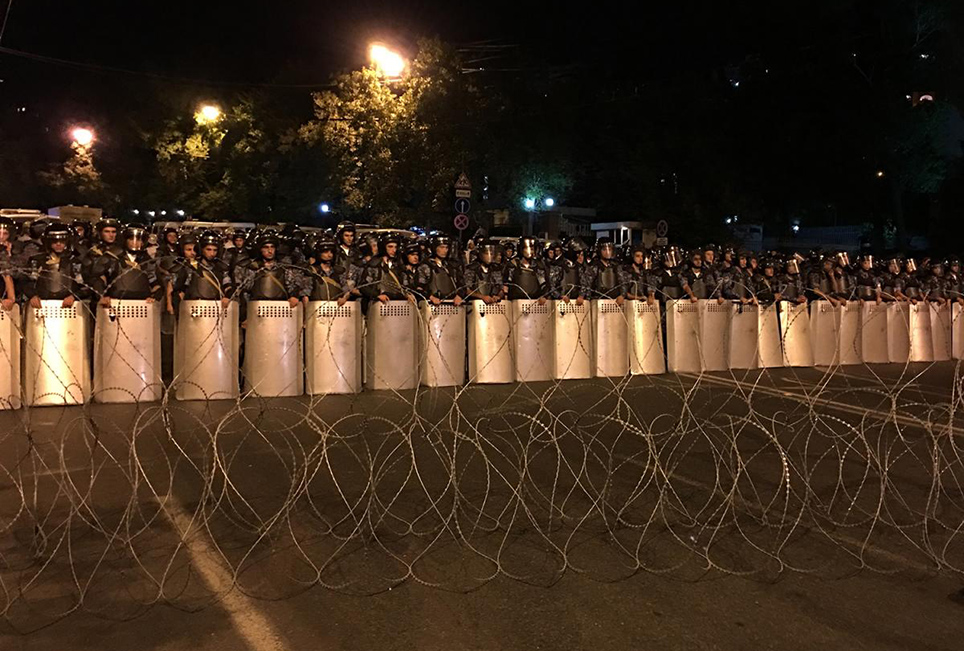By: K. KHODANIAN
Recent statements by Azerbaijan’s President, Ilham Aliyev, challenging Armenia’s territorial integrity have prompted stronger warnings from European bodies. The President of the European Union for Foreign Relations and Security Affairs, Joseph Borrell, emphasized that any violation of Armenia’s territorial integrity would lead to serious consequences in relations with Azerbaijan. Another high-ranking EU official, Peter Stano, reiterated the European Union’s firm stance against any violation of Armenia’s territorial integrity by Azerbaijan, emphasizing the serious consequences such actions would entail.
The French Senate’s adoption of a multi-content resolution further reinforces the European stance. The resolution, which was adopted almost unanimously by senators representing the whole French political spectrum expressed unanimous support for Armenia’s territorial integrity and sovereignty. The resolution condemns Azerbaijan’s military attack on Nagorno Karabakh, backed by its allies, on September 19 and 20, 2023. It calls for the right to return the Armenian population to Nagorno-Karabakh, demands the immediate and unconditional withdrawal of Azerbaijani troops from Armenia’s sovereign territory, and affirms Armenia’s right to protect its territorial integrity, including militarily.
It is noteworthy that the French resolution, for the first time, refers to “Azerbaijan and allies” indicating the involvement of both Turkey and Russia in steps taken against Armenians. The first, with its direct participation and support of the military operations by Azerbaijan against Armenia, and the second, Russia, with its silent complicity, which recently contributed to the depopulation of Artsakh.
Russia’s role, particularly in the context of the “Zangezur Corridor,” has sparked speculation about Moscow’s complicity with Azerbaijan. This collaboration aims to secure Russia’s regional influence while allowing Azerbaijan to avoid Armenian border checkpoints.
Addressing Russia’s stance, Foreign Minister Sergey Lavrov clarified that the agreement after the 44-day war did not mention the “Zangezur Corridor.” While seemingly supporting Yerevan’s view on this matter, Lavrov hinted at Russia’s intention to control the road connecting Nakhichevan to Azerbaijan through Syunik.
The resurgence of the “Zangezur Corridor” issue is seen as part of a Moscow-Azerbaijan mutually beneficial agenda. This collaboration aims to keep Europe, especially France, at a distance from Armenia, with Russia securing a permanent presence and greater influence in the region.
Despite geopolitical maneuvers by other players, Europe appears committed to supporting Armenia politically, militarily, and economically. However, there is a need for practical actions, first of all reconsidering the gas supply agreement with Baku, which contributes approximately $15 billion annually to Azerbaijan’s coffers.
The question remains: are the current European warnings enough to address the complex geopolitical dynamics at play? Europe is urged to provide substantial military assistance to Armenia and implement a comprehensive package of sanctions to curb Azerbaijan’s military ambitions and protect Armenia’s sovereignty.
“MASSIS”

